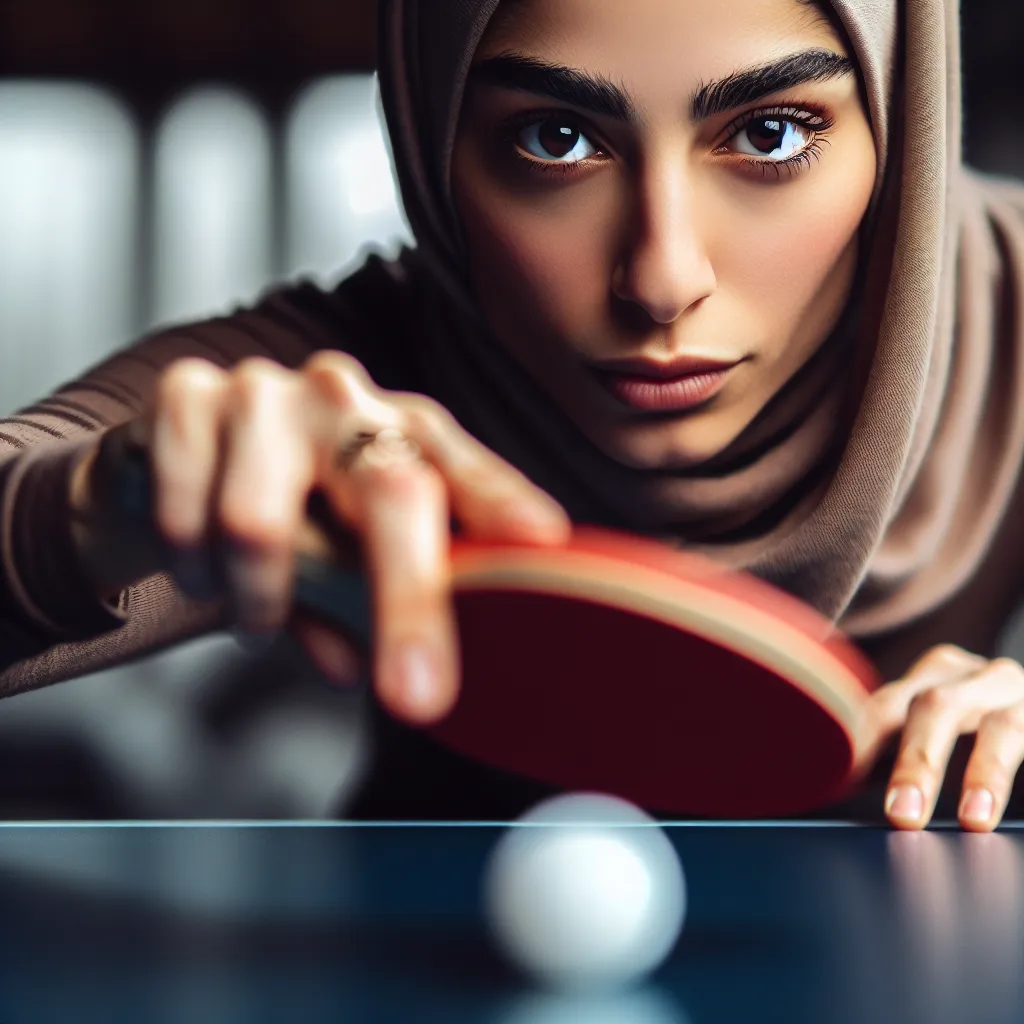Hand-eye coordination is a crucial skill that plays a significant role in various aspects of our lives, including sports, daily activities, and even academic performance. In the context of IELTS, understanding and effectively using this term can enhance your vocabulary and improve your overall performance in the exam. Let’s delve into the intricacies of hand-eye coordination and explore how you can incorporate it into your IELTS preparation.
Definition and Pronunciation
Hand-eye coordination (noun): The ability to control hand movements in response to visual stimuli.
Pronunciation: /ˌhænd ˈaɪ koʊˌɔːrdɪˈneɪʃən/

Understanding the Context of Hand-Eye Coordination
Examples in Various Contexts
-
Sports: “The tennis player’s hand-eye coordination was exceptional, allowing her to hit precise shots consistently.”
Analysis: This example illustrates the importance of hand-eye coordination in sports, particularly in tennis where quick reactions and accurate movements are crucial.
-
Daily Activities: “Improving your hand-eye coordination can help with tasks like threading a needle or catching keys thrown to you.”
Analysis: This sentence demonstrates how hand-eye coordination is relevant in everyday situations, not just in specialized activities.
-
Child Development: “Parents can encourage activities that enhance hand-eye coordination in young children, such as playing with building blocks or coloring.”
Analysis: This example highlights the importance of developing hand-eye coordination from an early age and suggests practical ways to do so.
-
Technology: “Video games often require excellent hand-eye coordination, as players must quickly respond to visual cues with precise controller movements.”
Analysis: This sentence connects hand-eye coordination to modern technology, showing its relevance in digital entertainment and potentially in the impact of video games on youth behavior.
-
Workplace Skills: “Many professions, such as surgeons and pilots, rely heavily on refined hand-eye coordination for their daily tasks.”
Analysis: This example illustrates the importance of hand-eye coordination in professional settings, emphasizing its relevance beyond sports and leisure activities.
Frequency in IELTS
While “hand-eye coordination” is not an extremely common term in IELTS, it can appear in various sections:
- Reading: May be found in passages about sports, child development, or neuroscience.
- Listening: Could be mentioned in discussions about physical skills or occupational requirements.
- Writing: Useful for Task 2 essays on topics related to education, sports, or technology.
- Speaking: Relevant for questions about hobbies, skills, or childhood development.
Analyzing the Vocabulary
Word Structure
- Hand (noun): The part of the body at the end of the arm.
- Eye (noun): The organ of sight.
- Coordination (noun): The ability to use different parts of the body together efficiently.
The term combines these three elements to describe a specific type of physical skill.
Synonyms and Antonyms
Synonyms:
- Visual-motor integration
- Eye-hand coordination
- Sensorimotor coordination
Antonyms:
- Clumsiness
- Incoordination
- Awkwardness
Techniques for Memorizing the Term
Mind Mapping
Create a mind map with “Hand-Eye Coordination” at the center, branching out to related concepts such as:
- Sports (tennis, baseball, wall ball shots)
- Daily activities (cooking, writing)
- Professions (surgeons, artists)
- Technology (video games, virtual reality)
- Child development (drawing, playing catch)
Creating a Mnemonic Story
Imagine a story: “Harry the Eager Coordinator” (HEC) practices juggling to improve his Hand-Eye Coordination. This story links the initials of the term to a memorable character and action.
Practicing the Use of Hand-Eye Coordination
Application Exercises
-
Write a paragraph about how hand-eye coordination is developed in children. Include at least three examples of activities that promote this skill.
-
Describe a profession where hand-eye coordination is crucial. Explain why it’s important and how it affects job performance.
-
Compare and contrast the hand-eye coordination required for playing a traditional sport versus playing video games. Discuss the potential benefits and drawbacks of each for developing this skill.
Repetition and Review
To effectively memorize and use “hand-eye coordination” in your IELTS exam:
- Use the term in your speaking practice regularly.
- Include it in your written essays when relevant.
- Create flashcards with the term, its definition, and example sentences.
- Review the mind map and mnemonic story periodically.
Conclusion
Mastering the term “hand-eye coordination” can significantly enhance your IELTS performance, particularly in tasks related to sports, child development, and technology. By understanding its context, analyzing its structure, and practicing its use, you’ll be well-equipped to incorporate this sophisticated vocabulary into your exam responses.
Remember, the key to truly internalizing new vocabulary is consistent practice and application. Try to use “hand-eye coordination” in your daily conversations or writing exercises. This will not only help you remember the term but also make it a natural part of your active vocabulary.
We encourage you to share your experiences with learning and using this term in the comments section below. How has understanding “hand-eye coordination” improved your English skills or IELTS preparation? Do you have any questions about using this term in different contexts? Your insights and queries can help create a vibrant learning community and further enhance everyone’s vocabulary skills.